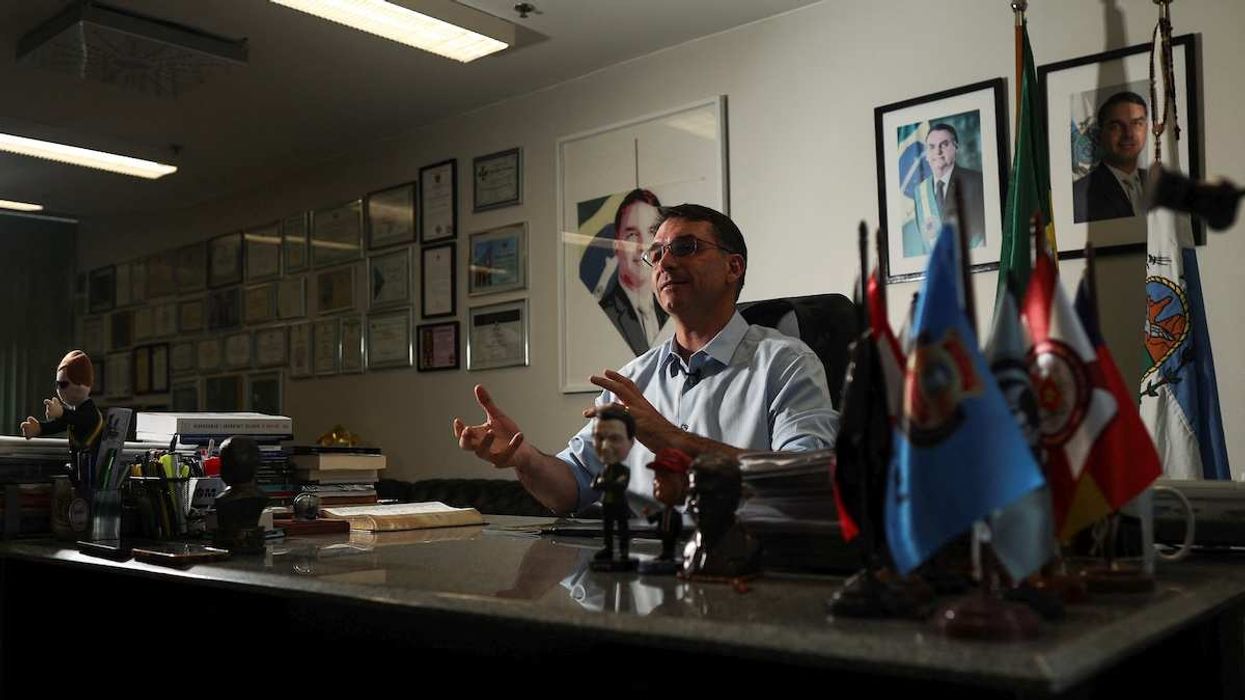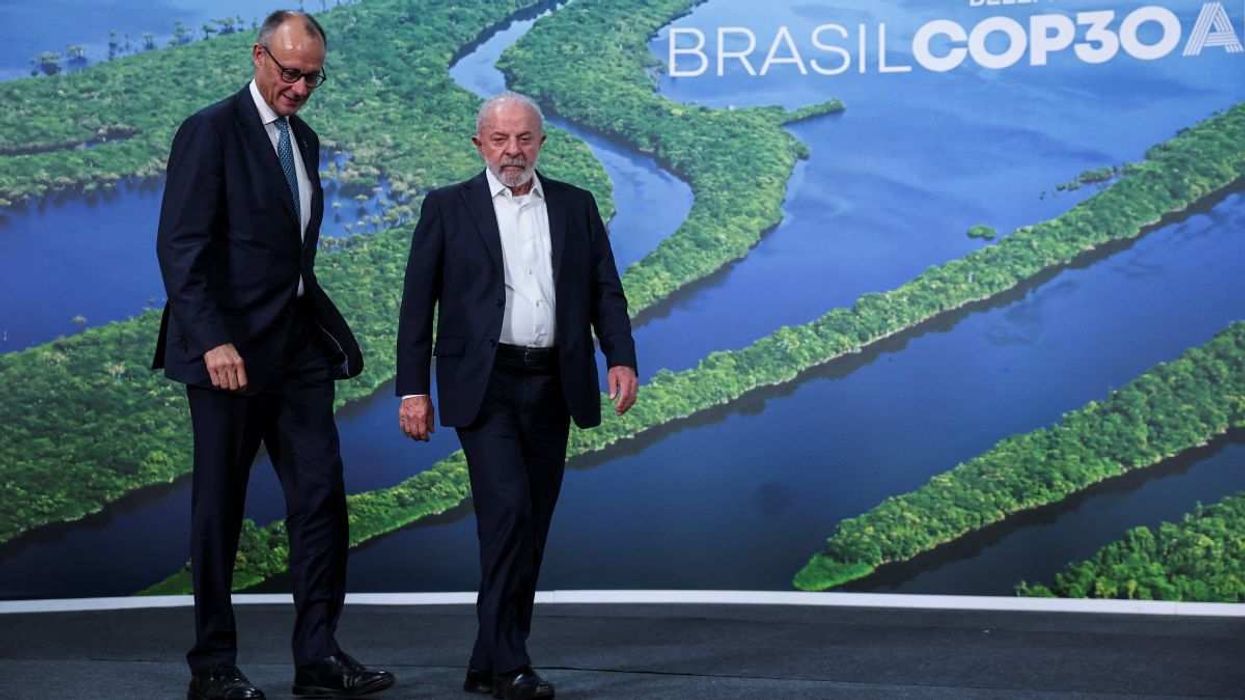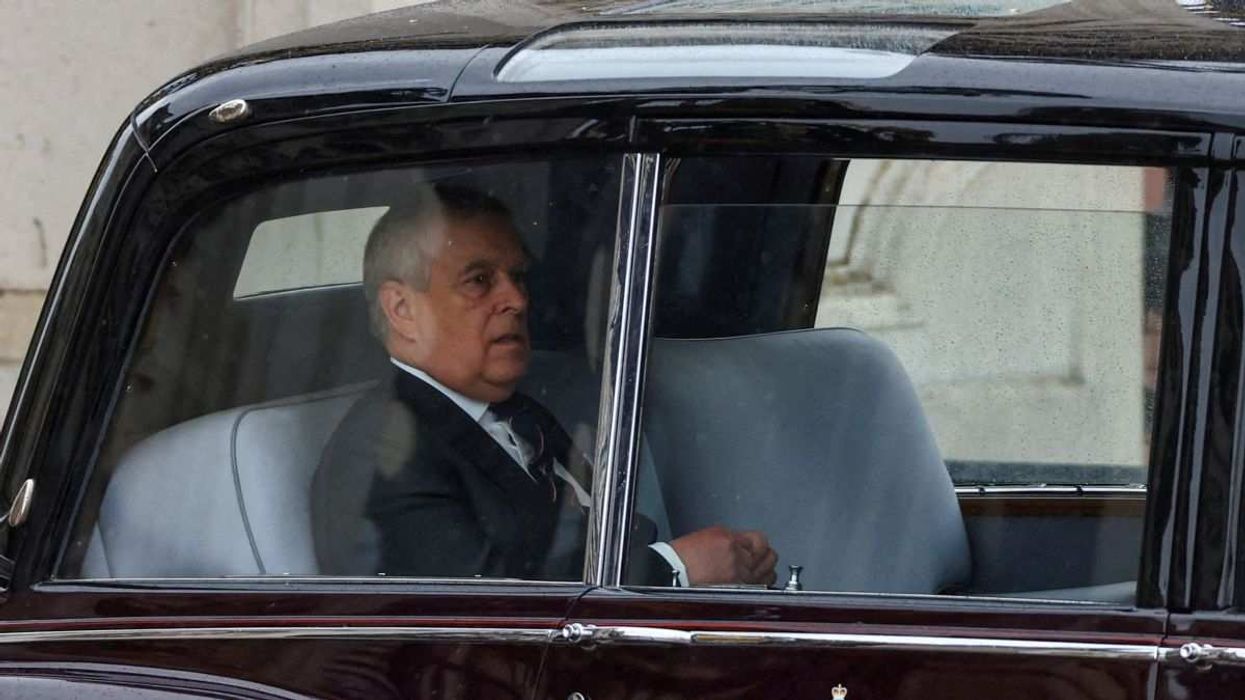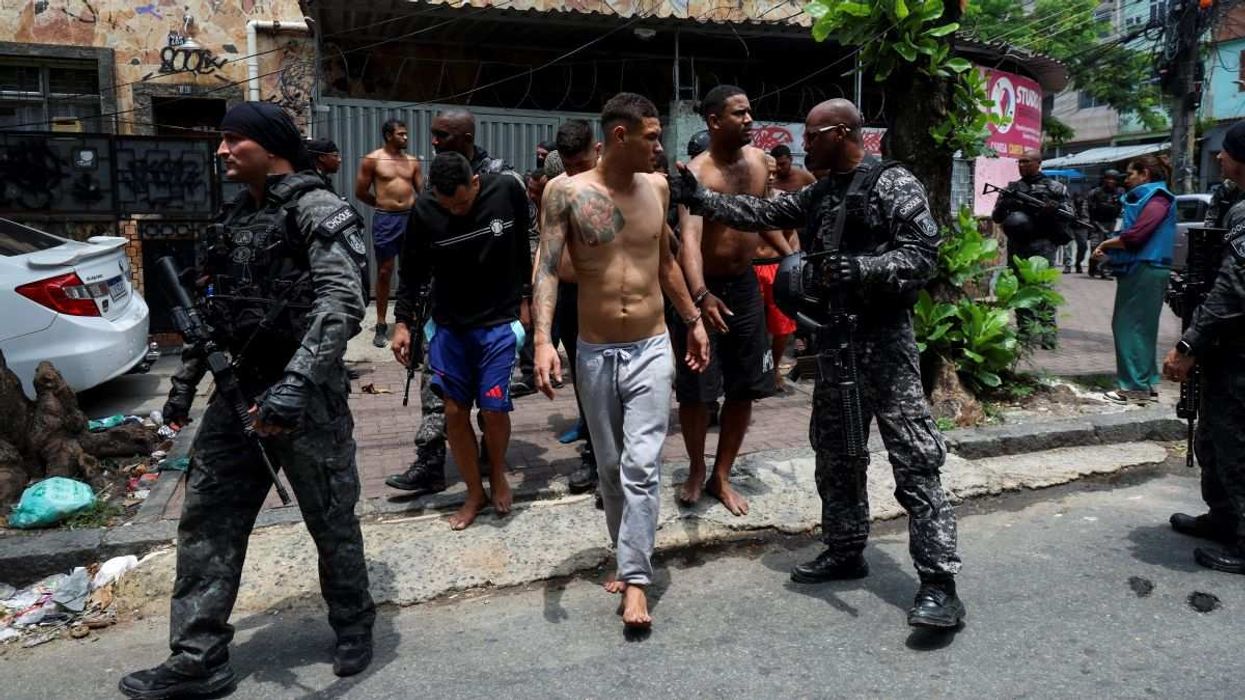Analysis
Post-Bolsonaro, who will lead Brazil’s right?
Three years ago today, supporters of former Brazilian President Jair Bolsonaro stormed Congress and other buildings in Brasília. With Bolsonaro in jail, though, and the election coming in October, his successor as leader of Brazil’s right is unclear.
Jan 08, 2026










